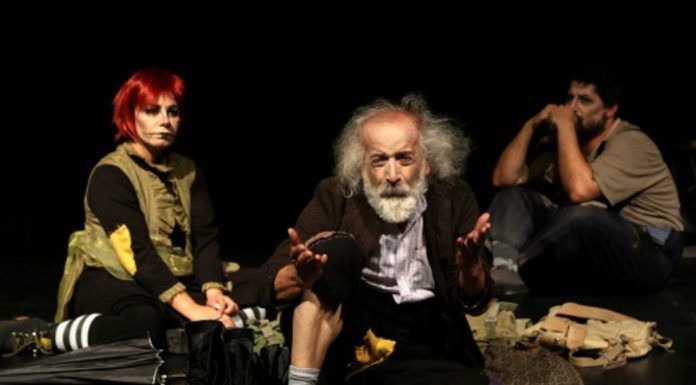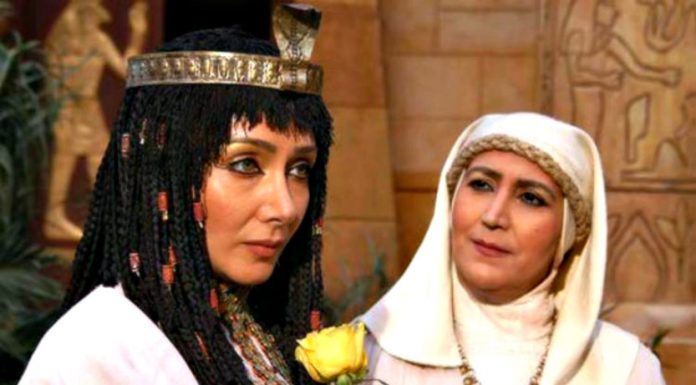Ayatollah Jaffar Sobhani, a source of emulation (Shia Marja) and a former member of the Society of Seminary Teachers of Qom, has criticized a theater company in Tehran for using wigs in a recent production of “Fando and Lis,” a play by the Spanish surrealist playwright Fernando Arrabal, in Tehran.
“I recently found out that some actresses were wearing wigs during a play at a theater in Tehran. The action violates our Islamic values,” Ayatollah Sobhani said on December 11. “I have informed the deputy minister of Culture and Islamic Guidance, urging him to ban the play immediately. The performance is an affront to our Islamic principles.”
The authorities stopped production of the play directed by Hooshang Honarkar in late October, which forced the theater company to change the venue. The head of the Ministry of Culture and Islamic Guidance’s Supervisory Board of the Performing Arts has denied reports that he issued a written notice to Mr. Honarkar.
According to the manager of Mehregan Theater, however, Mr. Honarkar received many verbal and written warnings regarding the costumes worn by the actresses on stage. Meanwhile, the teaser for the play, which included clips of an actress wearing a red wig, has been widely shared on social media.
Despite the controversy, “Fando and Lis” has been staged twice since December 7 at Tehran’s City Theater. The most vocal critic of the play, Ayatollah Sobhani, has, however, not been to a single performance of “Fando and Lis.”
In recent years, Iranian authorities have censored and banned a significant number of independent theater productions, films, and TV programs which in their view violated the hijab law by allowing actresses to wear wigs and costumes. Meanwhile, performers who play in drama series shown by the Islamic Republic Iran Broadcasting TV-1 — including “The English Briefcase” (2000-06), “The Enigma of the Shah” (2015-17), and “Prophet Joseph” (2008) — have been allowed to wear wigs and other costumes. The regime is selective in its efforts to enforce Islamic values and strict hijab dress code in films, plays and TV dramas.
Many senior clerics have expressed their opinions on the use of wigs in plays and films. including Yousef Saanei, the former chairman of the powerful Guardian Council (1980-83), who said: “We can’t say that the action violates Islamic values if the wig covers the real hair of the actress, and the performance doesn’t intend to challenge, defy or violate the hijab law.”
Another influential cleric, Ayatollah Asadollah Bayat-Zanjani said: “It is not appropriate to use a wig as an ornament. There must be a practical reason for its use. The same rule applies to films. Its use in a movie should not corrupt public morals. That would be sinful.”
The regime routinely censors many films and other works of art. For instance, Kiyanoush Ayari’s full-length feature film “Canape” (Sofa / Couch) with its all-female cast has been banned by the authorities since 2016.
Translated from Persian by Fardine Hamidi




